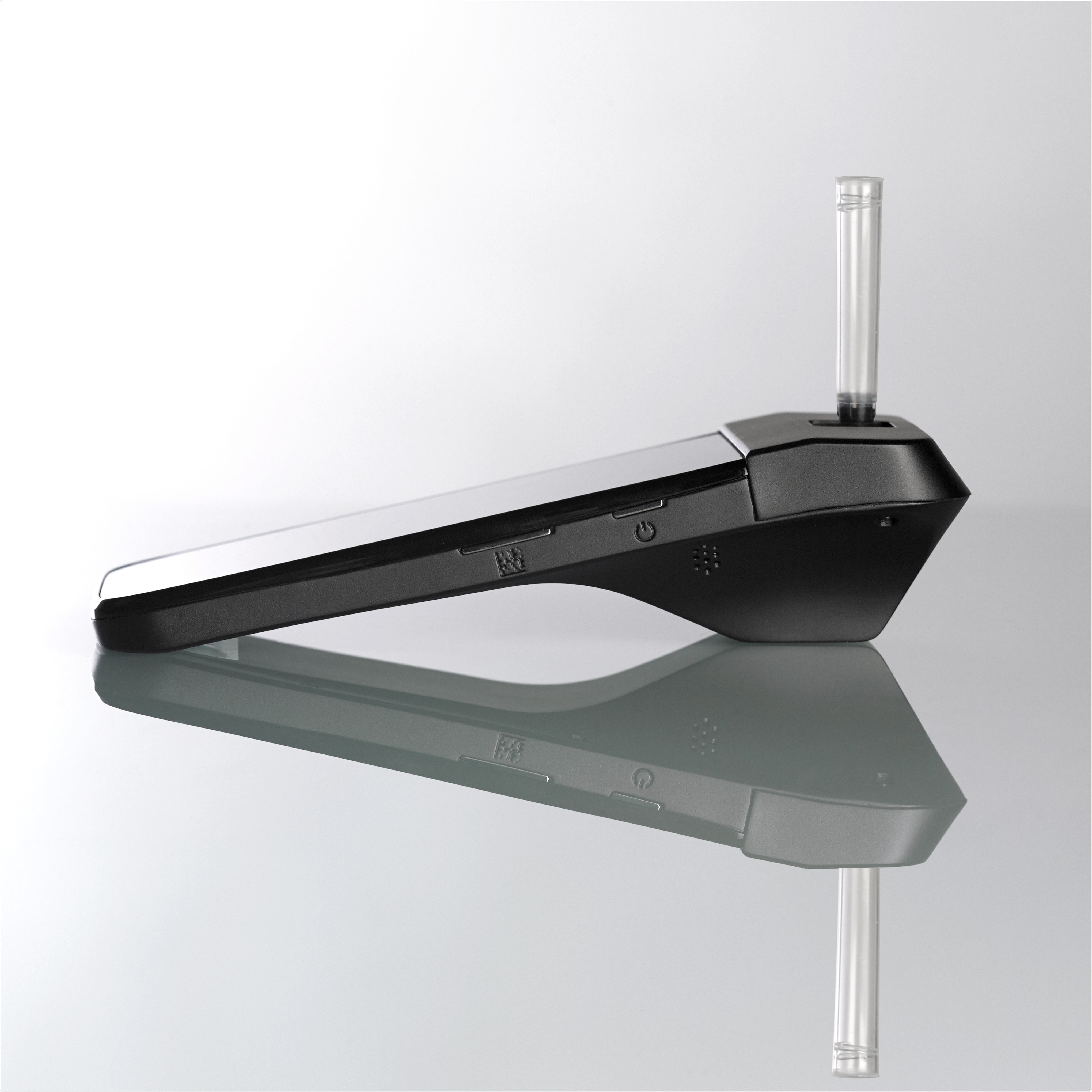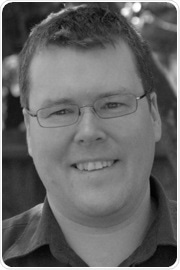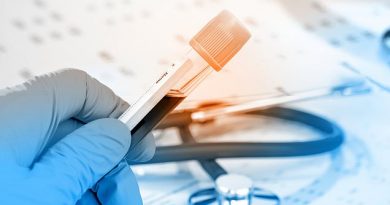Sample Management: Past, Present, and Future

insights from industryNeil BennManaging Director & FounderZiath Ltd.
In this interview, News-Medical talks to Neil Benn, Managing Director at Ziath, about the role they play
in the sample management industry and the exciting technologies on the horizon.
Please could you give an overview of Ziath and what they do?
Ziath was formed about 15 years ago by myself and a colleague, Tim Dilks. We determined that the technologies to be used for sample management in the lab, such as the tracking of tubes with medical, biological, chemical samples, et cetera, were quite difficult to use.
Our aim was to democratize sample management by making equipment that was easy to use and developed by the people who worked in the field.
When were barcoded tubes first introduced? And what were the main challenges faced in sample management methods utilizing them?
Barcoded tubes were first introduced around 25 years ago and the main issue then was scanning them.
Tubes and readers had to be purchased from the same manufacturer, which meant that a typical user was locked into expensive hardware that couldn’t be switched. They also had to know a decent amount about barcodes and image analysis to get it to work properly.
This meant that adopting sample management using barcoded tubes could only be undertaken by large pharmaceutical companies.
Following on from the previous question, how did Ziath help to overcome these challenges?
Sample management will be unchained from the bench with new technologies
Ziath invented a new type of barcode scanner and spent close to two years developing and designing software and hardware.
Our design concept was that with just a click of the button the scanner should work and it would offer the ability to read all the barcoded tubes on the market. In addition, the scanner should not require any complicated calibration or setup and not be difficult to operate.
Our aim, then as now, was to offer reliable, easy to use products to the marketplace backed by knowledgeable help and support for users.
Since then it has been our aim to build products with a reputation for good quality, reliability, and ease of use.
The drug discovery sector has evolved since then. How has sample management developed with these changes?
In the early days, sample management was mainly done by big pharmaceutical companies. They had a lot of money and lots of samples to manage.
Since that time a growing number of small biotech companies have entered the drug discovery market. They are nimbler, quicker, and smaller.
In addition, the life science industry, in general, has recognized the value of the samples that have to be used in the lab, so a lot more places and organizations have recognized the need to track their samples.
However, most do not have full-time sample management divisions or even a full-time sample management employee. The need for simplicity has become even more important.
There is also a lot more recognition of the importance of tracing in track and trace, and traceability of the samples. This means there is a lot more focus on barcoding, checking, and scanning the samples to make sure that it is what the user thinks it is.
Has new technology got the potential to change the way we do Sample Management now?
Not yet, but it should do. Ideally, you should be able to use your mobile phone as a handheld device to track and code, and follow samples around, but that hasn’t happened yet.
Ziath is looking at utilizing portable applications to enable scanning from a web page. Data management has largely moved onto the web, but the scanning of it hasn't yet, so we are looking at moving that online. In addition, Ziath has a project working on artificial intelligence to help determine the barcode when scanning in difficult cases.
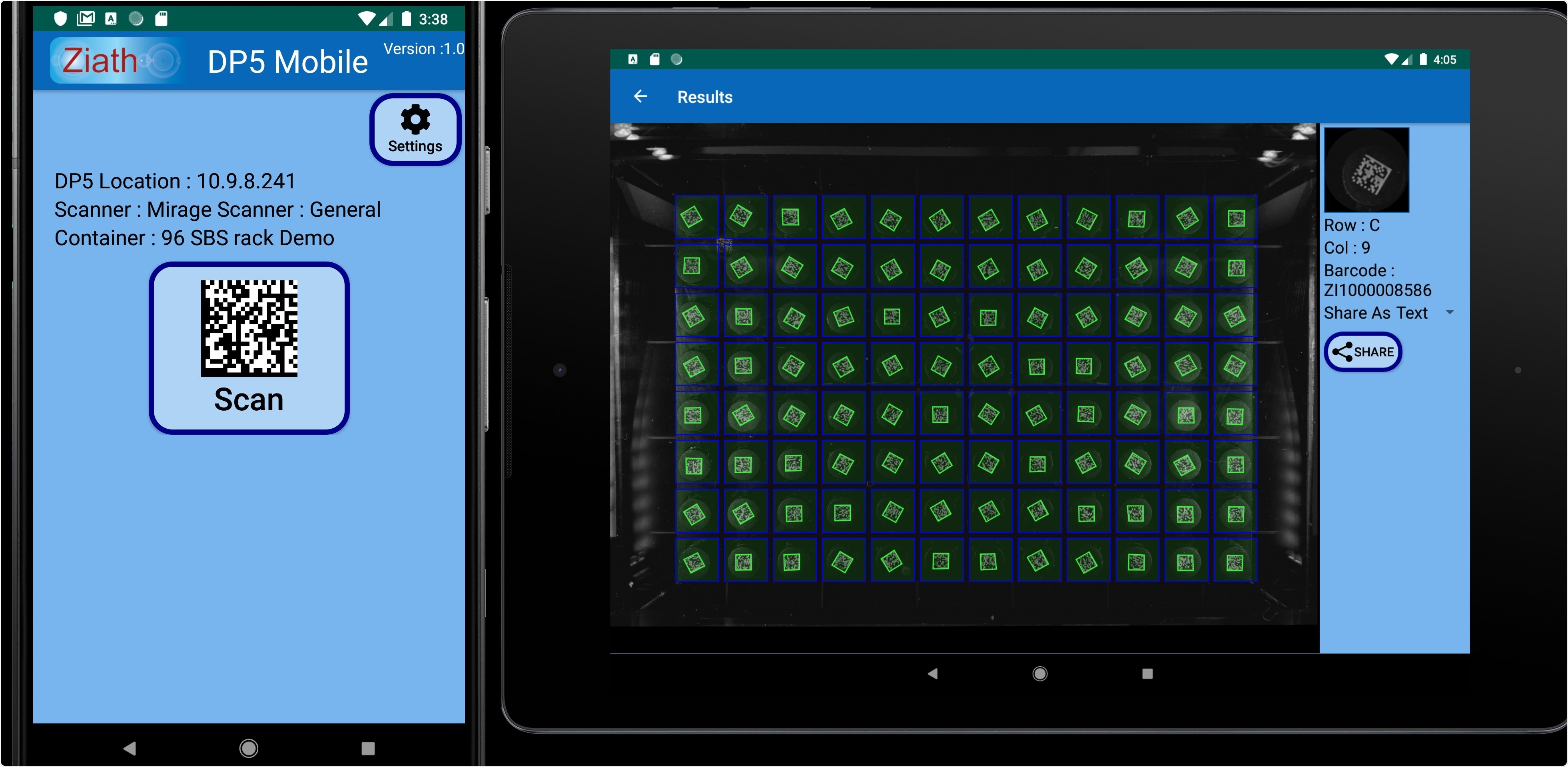
Barcoded tubes can now be read and decoded from a tablet or mobile phone
In the future, I believe the focus will be on looking at increasing computing speed and developing portable scanners that you can walk around with. In addition to this, new technology will be developed to improve reading and the reliability of results.
What problems could potential new technology help us solve?
At present, users are confined to their desk or lab bench if they want to scan something, and tracking and tracing the samples is still is a physical job. If the scanning, tracking, and tracing of these things could be done through a web portal, then the job of sample tracking would be revolutionized.
Where do you feel the future of the sample management industry will go?
In the longer-term future, I can see the use of augmented reality in sample management. For instance, a mobile phone could be used to annotate samples viewed through the device similar to Google Glasses, which could also be integrated into lab safety glasses
RFID is an optimal technique used to read barcodes using radio waves. However, it cannot be used at very low temperatures, such as liquid nitrogen temperatures, and can therefore not be used on a sample stored in cold storage. I believe someone is going to solve that problem.
Another point of interest is blockchain technology, the technology that is used in Bitcoin. Although this is not an area that Ziath is looking at, it could potentially be used to track where a sample has been.
About Neil Benn
Neil Benn graduated from Leeds with a BSc in Biotechnology and then an MSc from Hertfordshire University in Computer Science. His distinguished career in Laboratory Automation encompasses GlaxoSmithKline, CAT, and the Max Plank Institute before setting up Ziath in 2005. He is a recognized authority on sample management in the laboratory.
About Ziath Ltd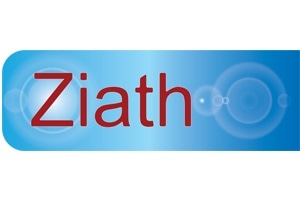
Ziath specializes in instrumentation control and information management in both the academic and the pharmaceutical/biotech industry sectors with a focus on the application of laboratory automation. In particular, we focus on managing large sample libraries (compound management, biobanking, and sample management) using 2D datamatrix tubes.
Founded in 2005 by scientists and engineers; Ziath is over a decade old and is proud to serve customers across the world. Ziath develops innovative new products designed to simplify processes in life science organizations. In addition, Ziath offers consulting and contracting work to clients.
Ziath has a range of products split into four main categories of 2D barcode scanners, devices for handling tubes, 2D barcoded tubes, and sample management software.
Sponsored Content Policy: News-Medical.net publishes articles and related content that may be derived from sources where we have existing commercial relationships, provided such content adds value to the core editorial ethos of News-Medical.Net which is to educate and inform site visitors interested in medical research, science, medical devices, and treatments.
Source: Read Full Article

